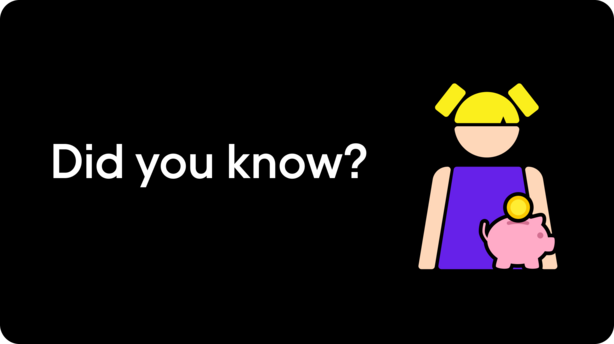Key Budget Reforms and Their Impact on Self-Employed Brits

As the 2024 Budget makes waves across the UK, self-employed individuals are in for significant changes. From adjusted tax thresholds to new compliance requirements, the financial landscape is shifting. Here’s an in-depth look at the five most impactful updates and what they mean for Britain’s hardworking self-employed community.
Top 5 Changes Affecting the Self-Employed










Key Statistics from the 2024 Budget

Class 2 NICs Threshold Increase:
The recent increase in the Class 2 National Insurance Contributions (NICs) threshold offers financial relief to lower earners, allowing them to retain more of their income. However, this adjustment also leads to higher contributions for those whose earnings exceed the threshold, potentially affecting their overall profits and financial planning.
Capital Gains Tax Allowance Cut:
The reduction of the Capital Gains Tax (CGT) annual exemption from £6,000 to £3,000 significantly impacts individuals selling assets, such as property or shares. This cut raises the potential CGT liability for sellers, making it essential for them to carefully plan and strategise their transactions to avoid unexpected tax burdens.


Fun Fact: The Rise of Digital Tax Management
Did you know that since the introduction of Making Tax Digital, over 1.4 million UK businesses have gone digital? The government estimates that MTD will save companies an average of £240 a year in tax administration costs. As more businesses embrace digital record-keeping, the trend is shifting tax management into the future.
Summary
The 2024 Budget presents a mixed bag for the self-employed. While some relief measures are welcomed, others may feel like a tightening of the fiscal noose. Understanding these changes now can help self-employed individuals plan strategically, avoiding unexpected costs and maximising their financial well-being.
In conclusion, navigating the evolving tax landscape requires staying informed and proactive. As tax season approaches, now is the time to consult with financial experts and adapt to these new realities. Pie Tax is here to support self-employed Brits every step of the way, ensuring that your tax journey is as smooth as possible.
Frequently Asked Questions
What is the impact of the NICs threshold change?
The increase in the Class 2 NICs threshold will reduce contributions for low-income earners, but higher earners will pay more.
Why does the income tax freeze affect me?
The freeze means your earnings could be taxed at a higher rate if they rise with inflation, reducing disposable income.
How does the CGT allowance reduction affect asset sales?
Selling business assets, property, or shares now incurs more tax liability, making careful planning essential to minimise costs.
Who benefits from the business rates relief?
Self-employed individuals with physical business locations will see financial relief, aiding those hit hardest by rising expenses.
When does Making Tax Digital become mandatory?
April 2026 is the compliance deadline for self-employed individuals earning over £30,000. Early preparation is recommended.




